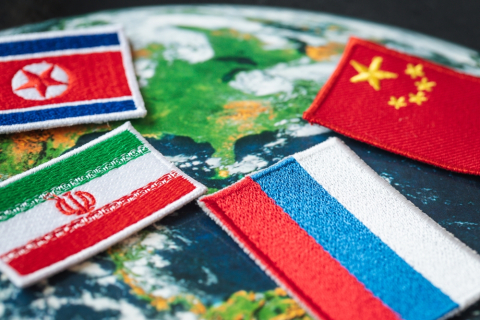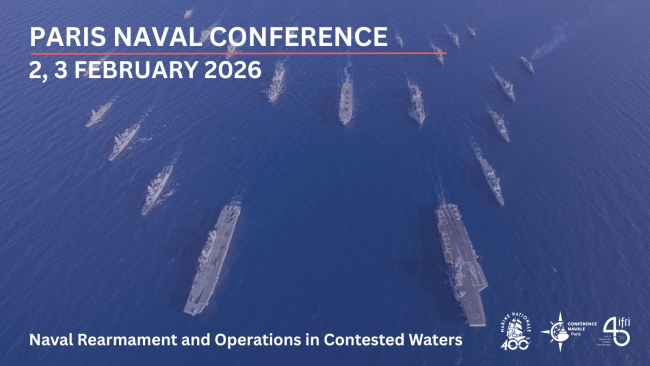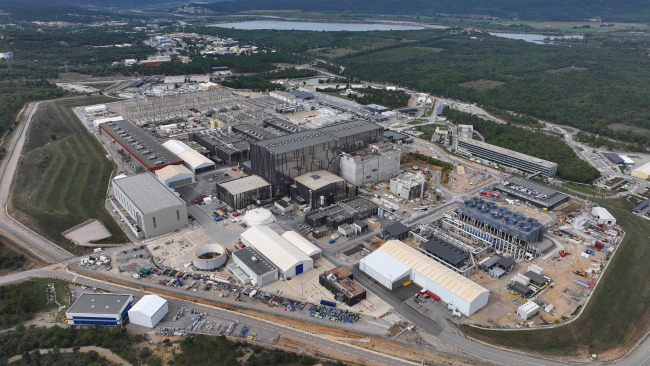Russia, Iran, China, North Korea: The Nuclear Dimension of the Axis of Upheaval

Practical information
Accessibility
Themes and regions
Related centers and programs
This is a private event.
Learn more about our corporate support packages
In an international context marked by the resurgence of power rivalries, cooperation between Iran, China, Russia and North Korea is attracting increasing attention.
Often described as an “axis of upheaval”, these regimes maintain increasingly close bilateral partnerships which, without constituting a formal alliance, undermine international norms, particularly in terms of nuclear non-proliferation. While Russia and China are rapidly modernizing their strategic arsenals, North Korea is pursuing the qualitative development of its capabilities, and Iran is crossing technical thresholds that reduce its distance to nuclear weapons.
At the same time, these states are cooperating opportunistically - transferring technology, circumventing sanctions, providing diplomatic support - and undermining multilateral disarmament instruments. This event aims to explore the nuclear dynamics within this informal axis, its consequences for Euro-Atlantic and Indo-Pacific security, and the policy options available to states committed to the non-proliferation norm.
Speaker:
Dr. Nicole Grajewski, Research Fellow at the Nuclear Policy Program of the Carnegie Endowment for International Peace.
Chair:
Héloïse Fayet, head of the Deterrence and Proliferation program at Ifri.
Contact
For further information on this event, please contact Ifri's Security Studies Center ([email protected]). Access is only available to those who have received a personal invitation by e-mail.
Related Subjects
Other events

Paris Naval Conference 2026: Naval Rearmament and Operations in Contested Waters
This fourth edition of the Paris Naval Conference (CNP), bringing together high-level military, industrial, and academic speakers, will address the challenges associated with general naval rearmament and naval operations in increasingly contested environments.

Is Fusion Coming Faster and Cheaper than Expected?
ITER was for long time the embodiment of fusion as an international, long standing R&D cooperation objective to seek a new way to produce safe, low carbon and abundant low carbon electricity. Yet over past years, fusion start ups, several governments and investors have decided to push fusion R&D and deployment to complement ITER. Major efforts are ongoing notably in the United States, China, Germany, Italy.

EV Supply Chains for Japan and Europe: Strengthening Economic Security
Economic security aims to ensure the resilience of supply chains for key industries: the case of electric vehicle production in Japan and Europe will be discussed.







